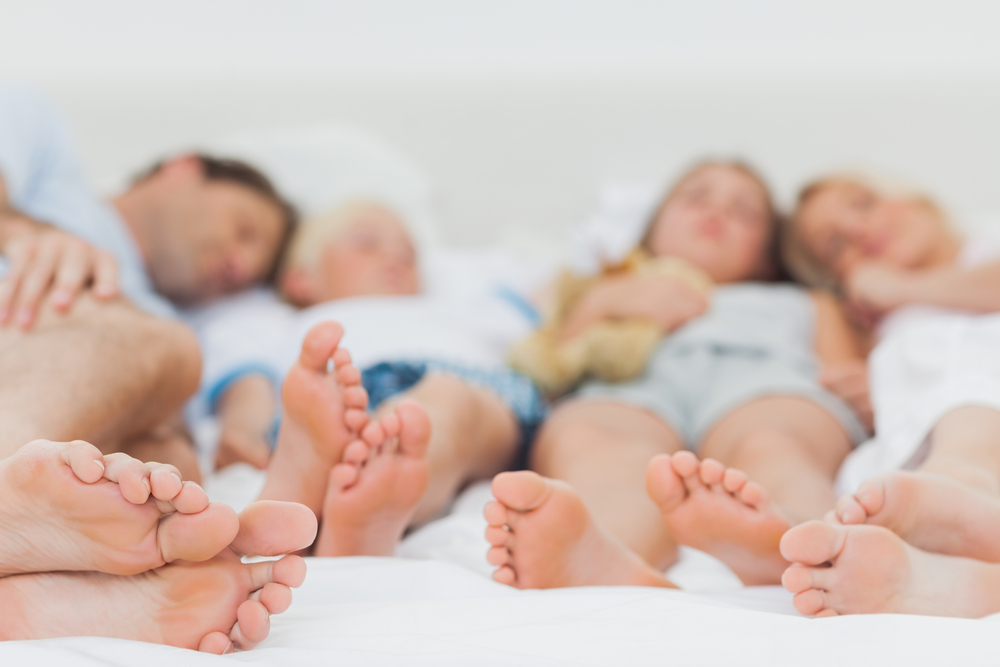Sleep Myths Debunked: 9
It’s no wonder there are so many myths about sleep.
Modern sleep research only really began in the middle of the 20th century, with the milestone discovery of REM sleep in the 1950s.
Before that, sleep was widely regarded as a ‘passive process’ and hence, not of great interest in terms of scientific inquiry.
When it comes to real ‘facts’ about sleep, this relative lack of empirical evidence, has, over the years led to a disproportionate amount of homespun advice, folk wisdom and old-wive’s tales.
There are many mysteries of sleep yet to be solved. The good news is, in the last few decades, science has been able to separate a lot of the fiction from fiction.
Over 11 days, we are exploring some of the scientific research behind 33 of the most commonly held myths and misconceptions about sleep.
25: A total ban on caffeine is necessary for insomniacs
Caffeine is the most widely consumed stimulant drug on the planet. It blocks the receptors in the brain that cause sleepiness, increasing nerve cell activity.
It also increases adrenalin and cortisol, the ‘stress hormone’, as well as boosting dopamine levels, which can lead to a slightly euphoric, ‘high’ feeling. So it’s no surprise that caffeine can seriously affect the quality of your sleep.
But before you decide to ditch that morning expresso because you’re worried about sleeping at night, bear in mind that caffeine has a half-life of around 4 – 6 hours.
This means that if you consume 200mg of caffeine at 8 am, by midday, roughly half of this amount remains in your body. Of course, the later you consume your caffeinated beverage, the more chance you’ll experience sleep disturbances.
If you have issues with caffeine dependency, it’s wise to be cautious. However, it’s not all bad news for coffee drinkers.
Research in recent years suggests that caffeine could actually help in preventing serious conditions such as Alzheimers and Parkinson’s disease.
26: Kids don’t get sleep apnea
Obstructive sleep apnea (OSA) is one of the most common sleep disorders today. A conservative estimate is that it affects 12 million Americans. OSA is characterised by breathing difficulties as the airway becomes obstructed when the sufferer goes to sleep.
The rise in obesity in recent years is thought to be one of the main reasons for the dramatic increase in cases of OSA. Over the last 10 years the number of children with sleep apnea has risen too due to the rise in obesity in both adults and young people in industrialized nations.
Click the picture above to download our FREE e-book about Pediatric Sleep Studies.
27: If you can’t sleep at night, stay in bed and you’ll soon drop off again
It may sound counter-intuitive but if you keep waking up at night, you may be better off getting out of your bed, rather than staying where you are, hoping you’ll drop off again.
According to Stephanie Silberman of the American Academy Of Sleep Medicine, the longer you stay in bed awake, the less you will associate your bed with a place of rest, making it even harder for you to fall asleep.
A better way to deal with sleep maintenance insomnia (frequently waking up at night) is to get out of bed and try some relaxation techniques such as deep breathing, meditation or listen to some soothing music.




